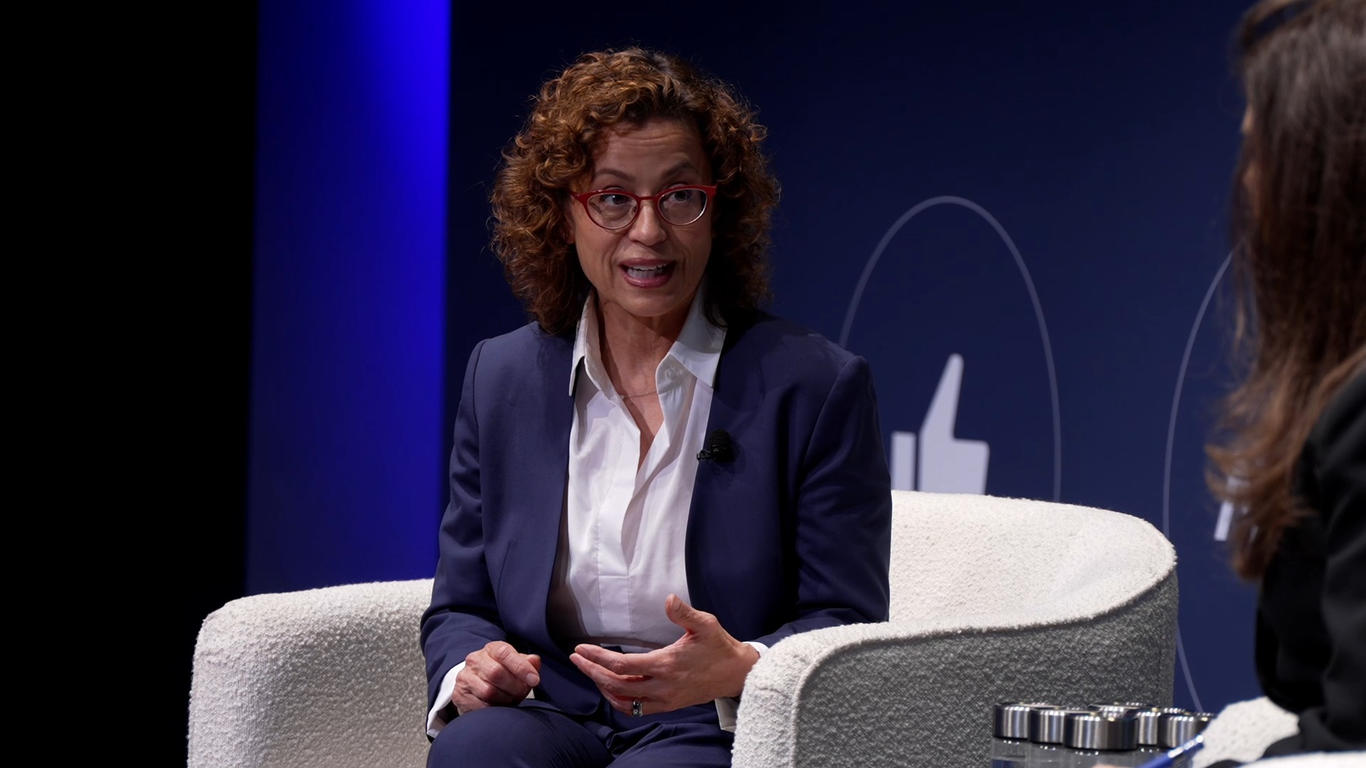
""a part of this administration's campaign of censorship and control.""
""So, any pressure on these broadcasters to alter their broadcast because of their content is in fact inappropriate," Gomez said. "And I think it's important to keep in mind the FCC doesn't have the authority the ability, or the constitutional right to revoke a license because of content like this.""
""It is a very hard standard to meet to revoke a license, which is why it's so rare rarely done, but broadcast license to the broadcasters are extremely valuable," she explained. "And so they don't want to be dragged before the FCC either in order to answer to an enforcement complaint of some kind or under the threat of possible revocation.""
Administration actions exert pressure on broadcasters to alter programming based on content, which constitutes inappropriate censorship and control. The FCC does not have the authority, ability, or constitutional right to revoke licenses because of content. Threats of enforcement or possible revocation function as intimidation despite revocations being rare and difficult to obtain. Broadcast licenses carry significant value, prompting broadcasters to avoid FCC proceedings or enforcement complaints. Use of government power in this way suppresses lawful expression and chills broadcasters from airing controversial or contested commentary. Warnings have been directed at networks over post-incident remarks.
Read at Axios
Unable to calculate read time
Collection
[
|
...
]